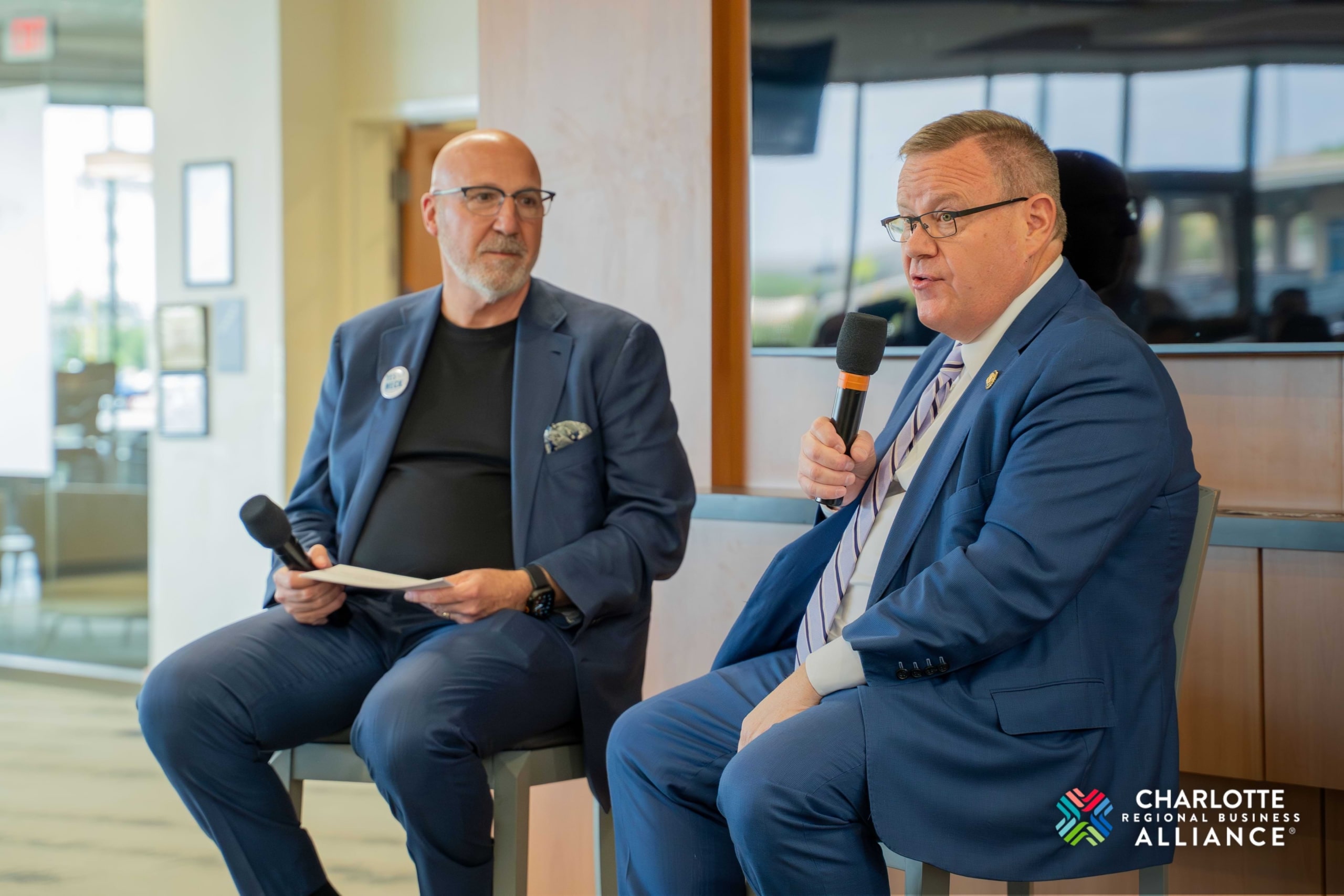Go South, young grad.
In a frustrating season for college graduates looking for entry-level jobs, some smaller cities, especially in the South, stand out for their brisk hiring, good salaries and affordability.
Raleigh, N.C.; Austin, Texas; Baltimore; Atlanta; and Charlotte, N.C., rank as the top five most promising locations to find work for newly minted college graduates, according to a new study by payroll provider ADP. Researchers weighed cost-of-living-adjusted wages in 55 U.S. metro areas against hiring rates for people who typically have a four-year degree.
Salt Lake City, Seattle and Portland, Ore., were among cities that ranked in the bottom 10 due to their slower hiring rates and lower wages once cost of living is factored in.
Employers have scaled back white-collar hiring, especially for entry-level positions. As companies invest more money into artificial intelligence, the number of professional roles for less-experienced college graduates is expected to shrink, said Shanda Mints, a vice president who focuses on talent acquisition analytics at Korn Ferry, an organizational consulting firm.
Still hiring: cities in the South
The highest-ranked cities for new college graduates tend to have a concentration of technology, health and financial firms, as well as several universities, said Ben Hanowell, ADP Research’s director of people analytics.
New graduates should consider where they are most likely to find a job and an affordable life, even if they might earn less there than they would in more-expensive cities, Hanowell said.
‘Broke in a sexy city’
Local business leaders are trying to sell young professionals on the energy and social offerings of their cities.
The Metro Atlanta Chamber this spring launched a campaign aimed at new grads and professionals under 40 to promote the area’s diverse career paths, cultures and social scenes. T. Rowe Price recently joined with the Baltimore Orioles to hold networking mixers at the Oriole Park at Camden Yards baseball stadium for young workers.
Austin’s job picture and housing prices have been cooling after the city experienced one of the nation’s most notable pandemic booms, but its job growth continues to outpace the national average. Rents, down more than 7% since last July, combined with more new apartments, are also making the city more affordable for 20-somethings, said Eric Hale, manager of education and workforce policy at the Austin Chamber of Commerce.
Gabrielle Myers, 23, moved to Charlotte after graduating from Coastal Carolina University in Conway, S.C., two years ago to take a job as an analyst for Ernst & Young. She recently quit and said she is optimistic about finding another full-time accounting or finance role in the city.
Hiring in Charlotte is still brisk in finance, tech and advanced manufacturing, said Rob Horton, chief marketing officer of the Charlotte Regional Business Alliance. Bank of America, which has 19,000 employees in the area, says recruiting students from across the state has been a priority.
Charlotte has no shortage of events to meet people and find entertainment on weekends, Myers said, yet it was small enough to not overwhelm her: “It was the best city to move to out of college.”
Cost of living played a big role in 30-year-old Yusuf Benallal’s decision to relocate to Charlotte earlier this year. He spent his 20s in more-expensive cities such as Miami and Washington, D.C., after getting a bachelor’s degree in applied math. During a two-year stint in Miami, he said his rent nearly doubled. His spending on food and gas in Charlotte is about half what it was in Miami.
“I don’t want to be broke in a sexy city. I want to be thriving in a mediocre city,” said Benallal, who now owns and manages a used-car dealership while he tries to get his software startup off the ground.
“My money went so much further in Charlotte,” he said.
Read more about Charlotte’s appeal with young professionals in the Wall Street Journal.



